Revolutionizing Neurodegenerative Disease Treatment with Pluripotent Stem Cells: Insights from Sana Biotechnology

In an exciting development for the field of stem cell research, Sana Biotechnology has unveiled promising preclinical data in the prestigious journal, Nature Biotechnology. This data underscores the potential of pluripotent stem cell-derived human glial progenitor cells (hGPCs) in treating neurodegenerative diseases. Sana Biotechnology’s innovative approach focuses on harnessing the power of pluripotent stem cells, […]
Groundbreaking Down Syndrome Research at Heidelberg University Paves Way for Advanced Treatments
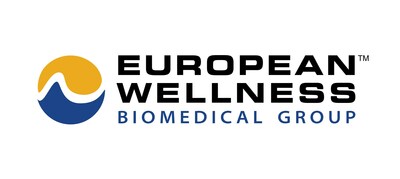
In a landmark collaboration, the European Wellness Biomedical Group (EWBG), alongside the European Wellness Academy (EWA), the Baden Research Lab, and Heidelberg University, has achieved significant breakthroughs in Down Syndrome research. This pioneering study leverages cutting-edge MRI methods to uncover a crucial link between cognitive abilities and brain volume changes in individuals with Down Syndrome, […]
Stem Cells: Hope for Neuromuscular Diseases
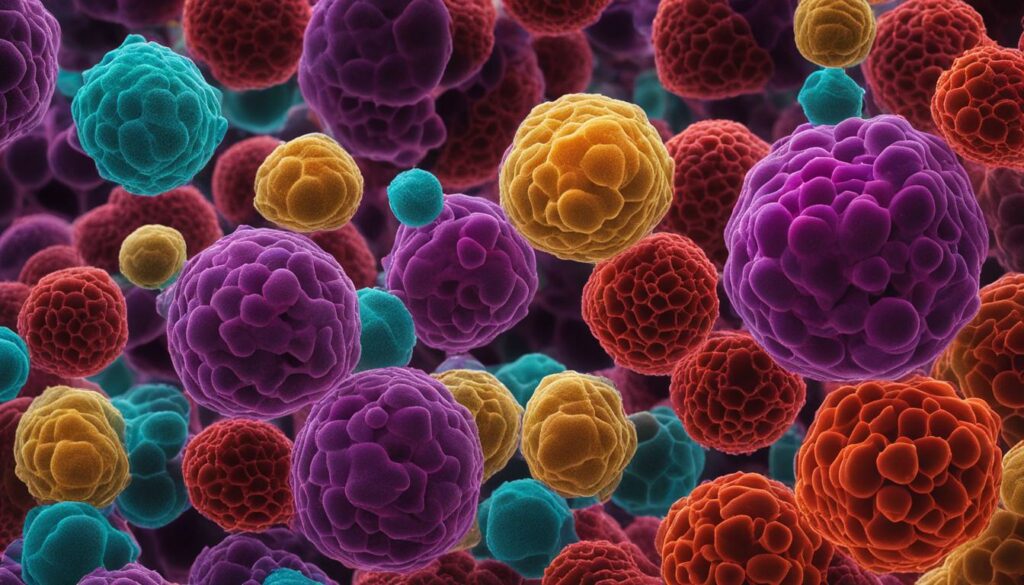
Neuromuscular diseases, such as ALS and muscular dystrophy, can have a devastating impact on the lives of those affected. These conditions, which involve muscle disorders and neurological damage, often result in nerve degeneration and impaired muscle function. However, advancements in regenerative medicine are offering new hope for patients. Stem cell therapy, a form of cell […]
Stem Cell Treatments for Epilepsy: New Hope
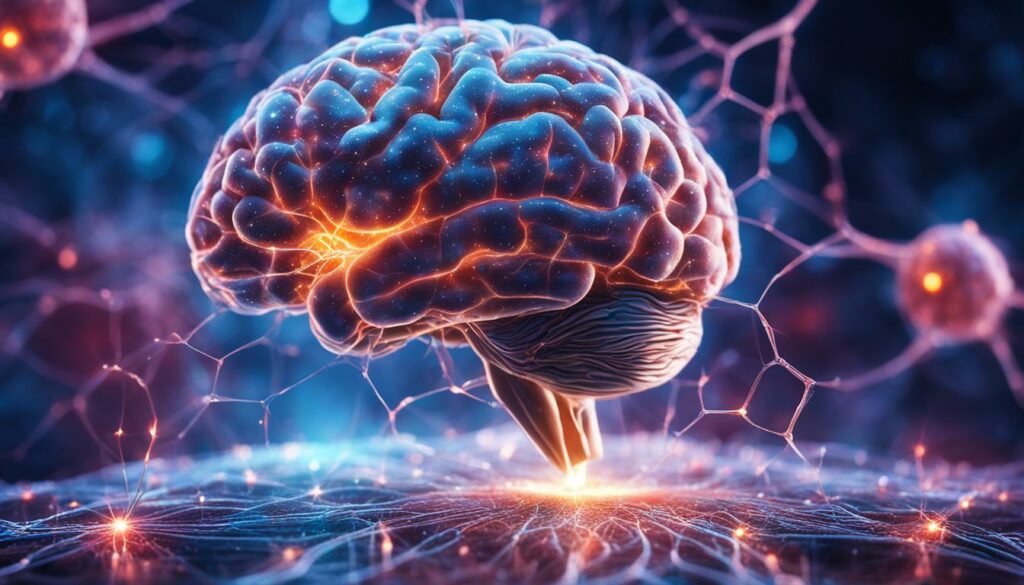
Welcome to our blog post on stem cell treatments for epilepsy. In this article, we will explore the latest research and breakthroughs in stem cell therapy for epilepsy, offering new hope to individuals living with this challenging condition. By leveraging the power of regenerative medicine, researchers are paving the way for innovative treatments that have […]
Stem Cell Therapy for Enhanced Stroke Recovery
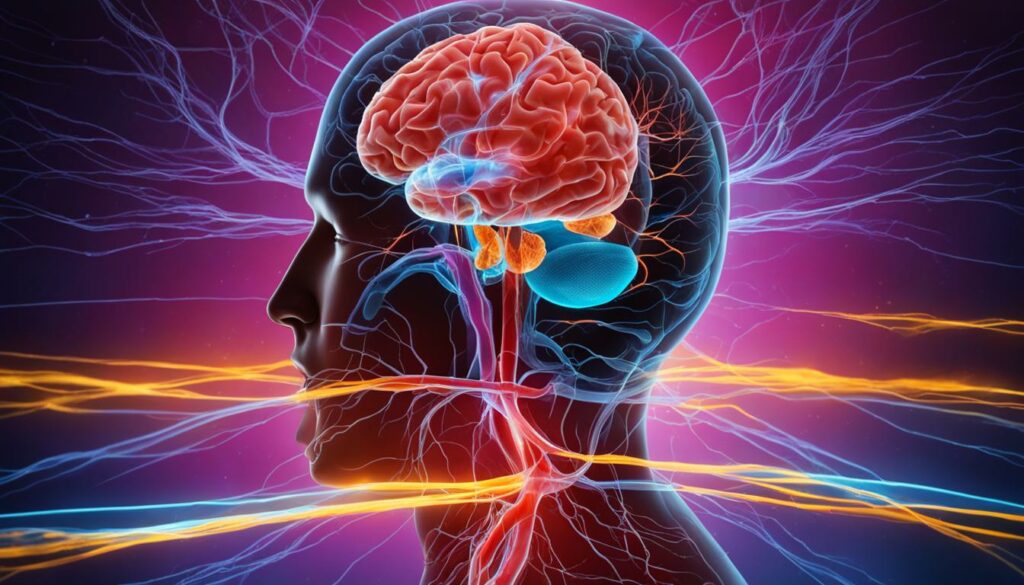
After a stroke, millions of brain neurons die within minutes. While the dead cells can’t be restored, some tissue around the dead area remains alive but non-functioning. Research has found that stem cells target the area with chemicals that save and rejuvenate that tissue. The optimal time for introducing stem cells seems to be between […]
Revolutionizing ALS Treatment: BrainStorm’s Phase 3b Trial Moves Forward with FDA Approval
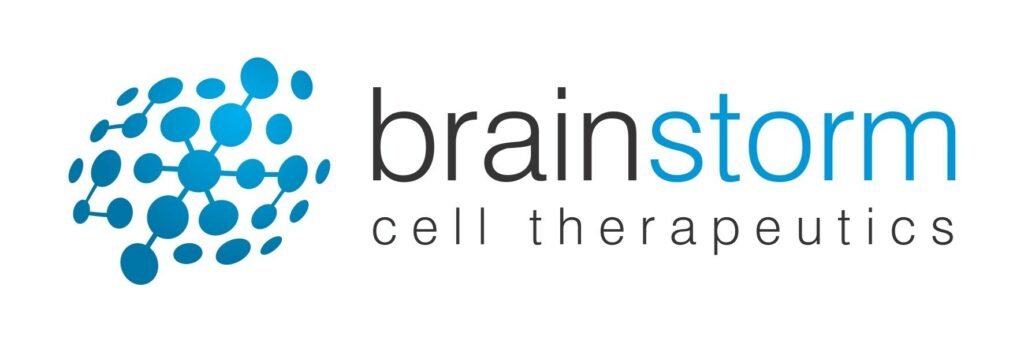
BrainStorm Cell Therapeutics Inc., a leader in adult stem cell therapeutics for neurodegenerative diseases, has achieved a significant milestone with the FDA’s agreement on a Special Protocol Assessment (SPA) for its Phase 3b trial of NurOwn® in amyotrophic lateral sclerosis (ALS). This agreement marks a critical step in advancing the potential treatment to the market, […]
Unlocking the Secrets of the Universe to Combat Neurodegenerative Diseases: NASA’s SpaceX CRS-30 Mission

In an unprecedented move towards understanding and potentially halting the progression of neurodegenerative diseases, NASA’s SpaceX CRS-30 Mission, in collaboration with the National Stem Cell Foundation, is set to launch its 6th investigation into the mysteries of these conditions. This mission marks a significant step forward in the fight against debilitating diseases like Alzheimer’s, Parkinson’s […]
Stem Cell Approaches for Multiple Sclerosis Treatment
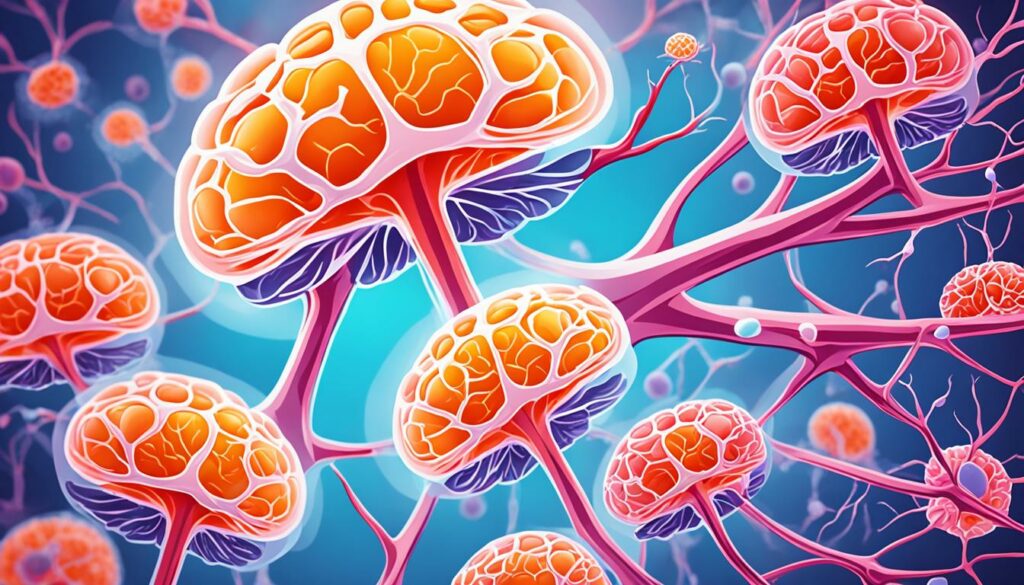
If you or a loved one are living with multiple sclerosis (MS), you understand the challenges it presents. However, there is new hope on the horizon in the form of stem cell approaches for the treatment of MS. Researchers are exploring innovative therapies that could potentially revolutionize how we manage and combat the symptoms of […]
Stem Cell Banking for Future Neurological Treatments
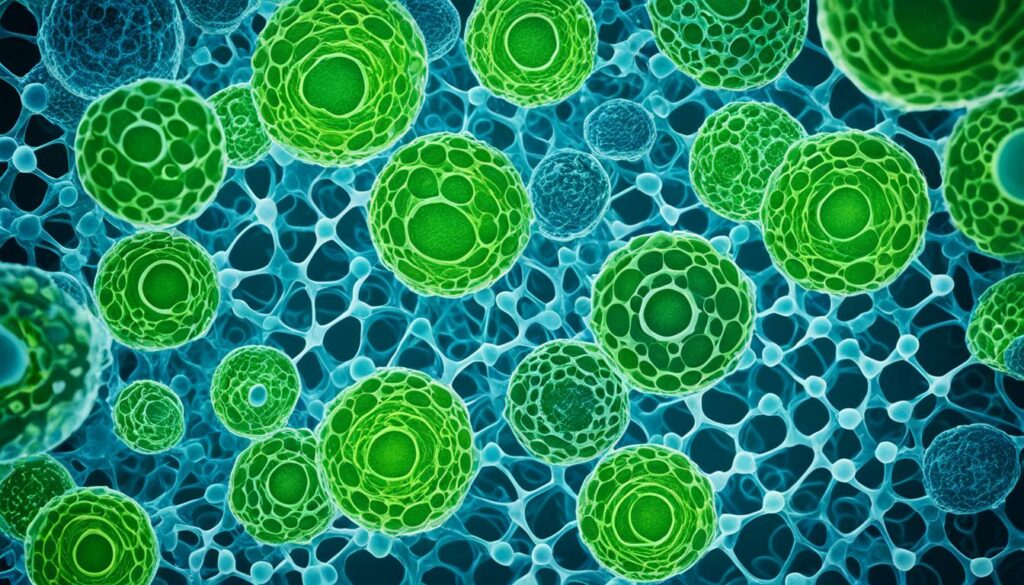
Stem cell banking is rapidly gaining popularity, especially in the medical field, due to its potential use in treating neurological disorders. Stem cells are unique cells with the ability to differentiate into various cell types and promote tissue regeneration. As a result, they hold hope for innovative therapies, and their use is under investigation in […]
Pioneering Neurodegenerative Disease Research with Stem Cell-Derived Brain Organoids in Space
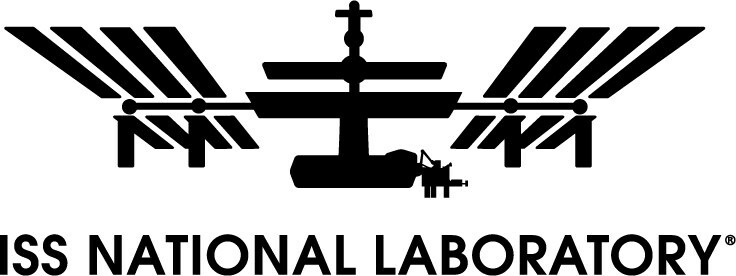
The Groundbreaking Mission: In a significant leap towards understanding neurodegenerative disorders, the International Space Station National Lab is hosting an innovative research project. This project involves stem cell-derived brain organoids being sent to space as part of Axiom Space’s third private astronaut mission. The objective is to improve the modeling of diseases like Parkinson’s disease […]